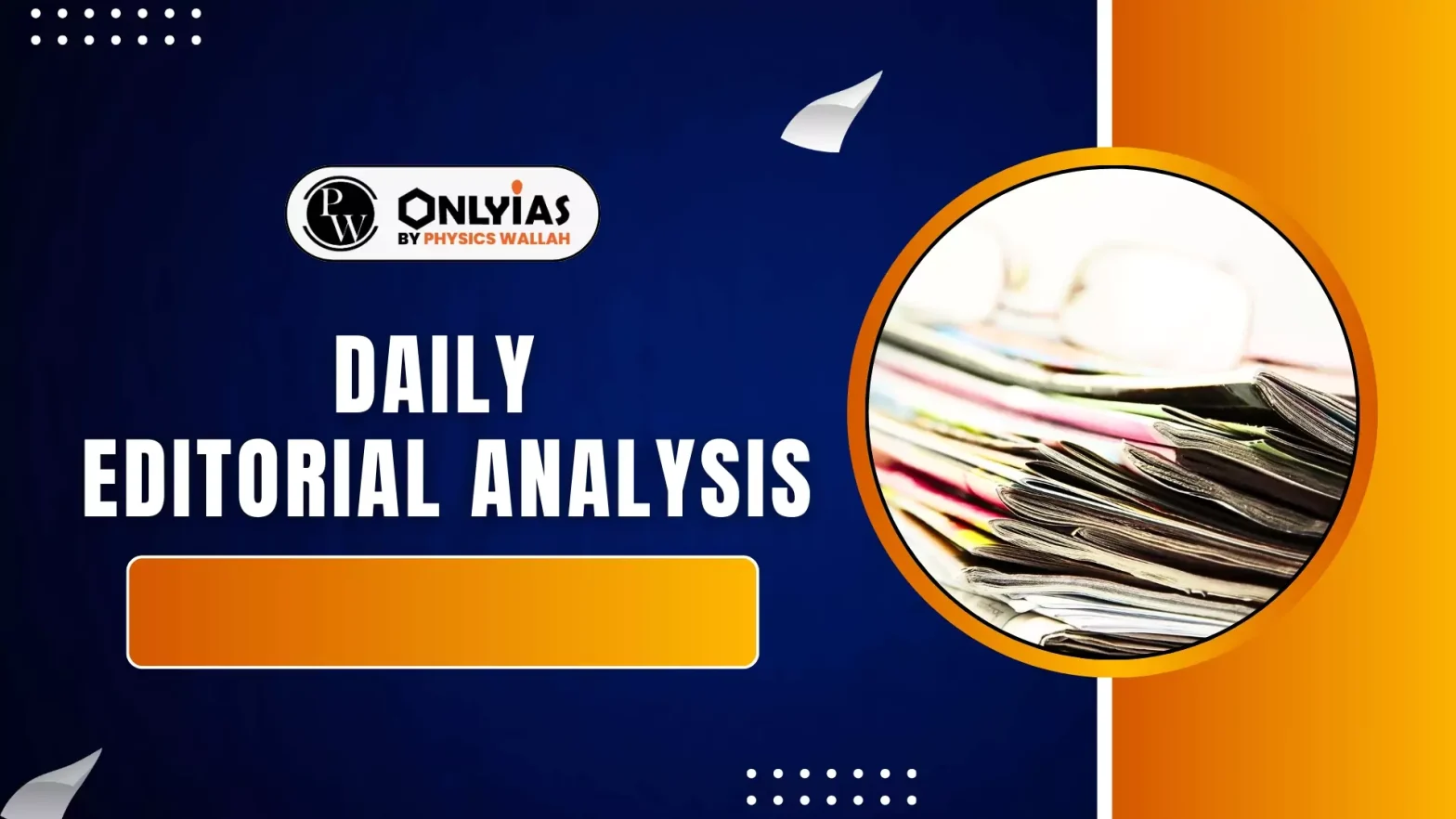The relationship between morality and law has long intrigued philosophers and jurists. The debate resurfaced in India’s constitutional discourse through the concept of “constitutional morality”, which balances ethical governance with constitutional principles.
Historical Background on Morality and Law
- Classical View: In ancient societies, law and morality were intertwined under the concept of Dharma, which combined legal, ethical, and moral codes.
- Western Thought: The Hart–Devlin debate (1960s) questioned whether law should enforce morality.
- Judicial Endorsement: In Shaw vs DPP (1962), the House of Lords held that the law aims to preserve both public order and moral welfare.
- Indian Recognition: In P. Rathinam vs Union of India (1994), the Supreme Court acknowledged that law is built on moral principles of fairness and justice.
- This shows that law and morality are mutually influencing forces—sometimes law leads morality (e.g., abolition of untouchability) and sometimes follows it (e.g., gender equality).
Introduction of Constitutional Morality in India
- Origin of the Term: Coined by George Grote in History of Greece (1846) — defined as “paramount reverence for constitutional forms” and respect for lawful authority.
- Ambedkar’s Vision: In the Constituent Assembly, Dr. B.R. Ambedkar, drawing from George Grote’s concept, emphasised that “constitutional morality is not a natural sentiment; it must be cultivated.”
- He cautioned that Indian democracy is only a top-dressing on an undemocratic soil, highlighting the need to nurture democratic values and constitutional discipline among institutions and citizens.
- Purpose: Constitutional morality ensures discipline among constitutional actors and checks on arbitrary power.
Conceptual Meaning and Theoretical Basis
- A.V. Dicey’s Distinction: Constitutional law comprises legally enforceable rules upheld by the courts, while constitutional morality consists of conventions, habits, and ethical practices guiding constitutional functionaries but lacking legal enforceability.
- Breach of Morality: Violating constitutional morality may not attract legal punishment but is politically and ethically condemnable, as seen in cases of ignoring established constitutional conventions.
- Judicial Interpretation (S.P. Gupta Case): Justice Venkataramiah observed that breaching constitutional conventions amounts to a serious violation of constitutional morality, resulting in political consequences rather than judicial sanctions.
Judicial Development of Constitutional Morality in India
- Sabarimala Case (2018): Then CJI Dipak Misra held that “public morality” under Article 25 should align with constitutional morality.
- Expanded the idea to gender equality and fundamental rights, but the issue was later referred to a nine-judge bench for reconsideration.
- Manoj Narula vs Union of India (2014): The Court discussed Article 75 and criminal charges against ministers.
- Held that constitutional morality means acting in accordance with constitutional norms and not arbitrarily.
- Yet, the Court stopped short of enforcing disqualification, leaving it to the Prime Minister’s discretion, reflecting moral expectation, not legal compulsion.
- State (NCT of Delhi) vs Union of India (2018): The Court held that constitutional morality goes beyond obeying the text — it involves cooperative federalism, liberal values, and respectful decision-making among constitutional organs.
- Justice K.S. Puttaswamy vs Union of India (2017): Reiterated that state actions must conform to the rule of law.
- The government must act within judicial boundaries — upholding constitutional morality ensures accountability.
Legal and Political Dimensions
- Justiciability: Breach of constitutional morality may not be actionable in courts but can trigger political or public accountability.
- Accountability Mechanisms: Parliamentary scrutiny, Electoral consequences & Public opinion and media oversight.
- Judicial Caution: Courts recognise limits — not every breach of morality equals a legal violation.
Importance and Contemporary Relevance
- Moral Compass of Democracy: Constitutional morality guides the exercise of power by elected and non-elected authorities.
- Upholding Rule of Law: Prevents majoritarianism, arbitrariness, and erosion of rights.
- Citizens’ Responsibility: A collective culture of constitutional respect must evolve through education, civic awareness, and leadership ethics.
Way Forward
- Cultivate Constitutional Values: Promote constitutional education among citizens and officials.
- Institutional Accountability: Strengthen conventions through transparency and ethical governance.
- Judicial Restraint and Guidance: Courts should balance between enforcing legal norms and encouraging constitutional morality through precedents.
- Ambedkar’s Reminder: Constitutional morality is the soul of the Constitution — it must be nurtured continuously to keep Indian democracy vibrant, inclusive, and just.
Conclusion
Constitutional morality anchors ethical governance within constitutional limits, ensuring accountable, just, and inclusive democracy. It safeguards constitutional supremacy over political interests, reflecting the soul of the Constitution envisioned by Dr. B.R. Ambedkar.
![]() 27 Oct 2025
27 Oct 2025


